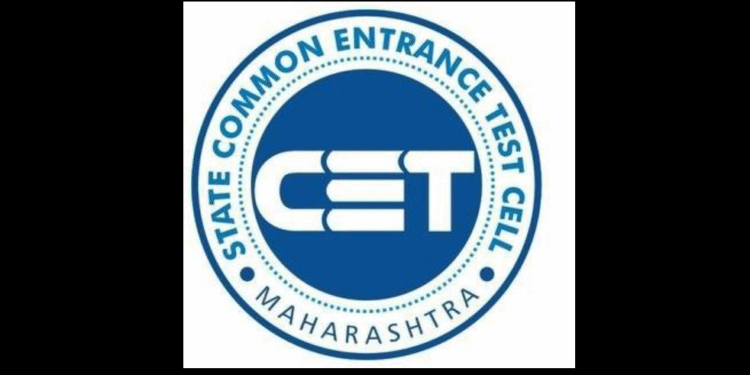Special Correspondent
Mumbai : In a major administrative shift, the Maharashtra State Common Entrance Test Cell (CET Cell), responsible for conducting entrance exams for various professional, technical, medical, and agricultural courses across the state, is now planning to establish its own network of examination centres. The move aims to improve infrastructure, reduce technical issues during exams, and prepare the state machinery for the possibility of conducting CET exams twice a year starting in the near future.
According to senior officials in the Department of Higher and Technical Education, internal discussions are underway to make the CET Cell more autonomous and self-reliant when it comes to logistics and exam delivery. A key component of this strategy involves setting up permanent, state-controlled exam centres across Maharashtra, replacing the current system of renting facilities such as private coaching classes and computer training institutes.
Currently, the CET Cell conducts 19 different entrance examinations annually at approximately 180 centres across the state. The MHT-CET (Maharashtra Health and Technical CET) sees the highest number of registrations and is conducted on a massive scale. However, due to the lack of dedicated infrastructure, exams are often held at rented venues, which sometimes leads to technical glitches, poor management, and inconveniences for students, especially during computer-based tests.
To address these recurring issues and improve the credibility of the examination process, the department has decided that coaching classes will no longer be used as exam centres. Instead, district-wise planning is underway to assess the number of students and infrastructure needs, with the goal of creating dedicated centres capable of handling large volumes of test-takers.
An official from the Higher and Technical Education Department stated, “We are currently analyzing the student strength at the district level to determine how many centres will be required and what technical facilities should be included. Once this study is complete, we plan to roll out these centres over the next year.”
In another significant decision, the state has already announced the discontinuation of exam centres outside Maharashtra from next year. This move is in line with the state’s objective of centralizing and standardizing the examination process within its geographical boundaries.
Many students have long complained that they do not get their first-choice exam centre due to limited capacity in their district, often being allotted centres in far-off districts. The new plan will also aim to ensure that students get centres closer to home, reducing travel time and stress, especially for those in rural and semi-urban regions.
Experts have welcomed this development, noting that having its own exam infrastructure will allow the CET Cell to improve exam reliability, security, and standardization, particularly if the plan to conduct CET biannually gets implemented.
If successfully executed, this reform will place Maharashtra among a handful of Indian states with their own dedicated exam centre network, a move that could transform the efficiency and transparency of entrance exam administration. Further updates are expected in the coming months once the ongoing feasibility studies are concluded.

















